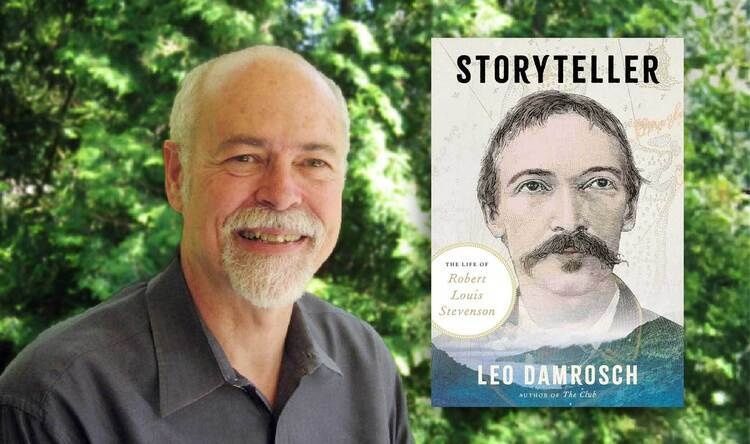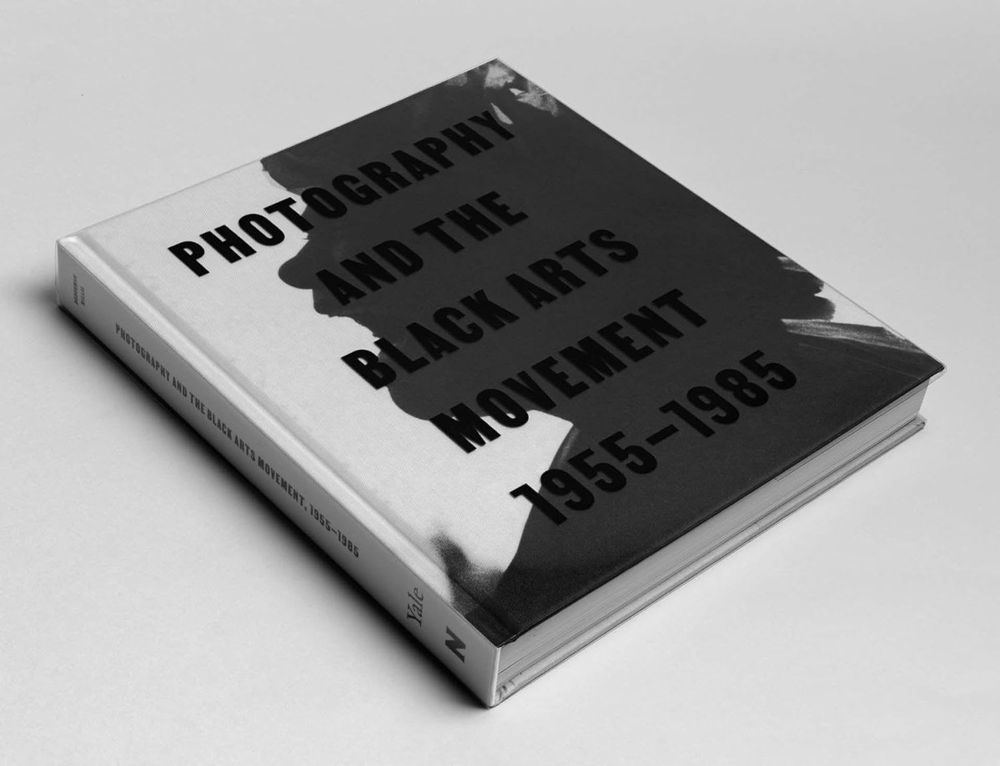Book Talk: Storyteller by Leo Damrosch
Yale Library Book Talks
Leo Damrosch, Ernest Bernbaum Research Professor of Literature Emeritus at Harvard University, will speak about his new book "Storyteller: the Life of Robert Louis Stevenson." Robert Louis Stevenson (1850–1894) is famed for Treasure Island, Kidnapped, and Strange Case of Dr. Jekyll and Mr. Hyde, but he published many other novels and stories before his death at forty-four. Despite lifelong ill health, he had immense vitality; Mark Twain said his eyes burned with “smoldering rich fire.” Born in Edinburgh to a family of lighthouse engineers, Stevenson set many stories in Scotland but sought travel and adventure in a life as romantic as his novels. “I loved a ship,” he wrote, “as a man loves burgundy or daybreak.” The adventures were shared with his free-spirited American wife, Fanny, with whom he moved to the South Pacific. Samoan friends named Stevenson “Storyteller.” Reading, he said, “should be absorbing and voluptuous; we should gloat over a book, be rapt clean out of ourselves.” His own books have been translated into dozens of languages. Jorge Luis Borges called his stories “one of the forms of happiness,” and other modernist masters as various as Proust, Nabokov, and Calvino have paid tribute to his greatness as a literary artist. In Storyteller, Leo Damrosch brings to life an unforgettable personality, illuminated by many who knew Stevenson well and drawing from thousands of the writer’s letters in his many voices and moods—playful, imaginative, at times tragic.
Leo Damrosch is the Ernest Bernbaum Professor of Literature Emeritus at Harvard University. His many books include "Jean-Jacques Rousseau: Restless Genius" (National Book Award finalist); "Adventurer: The Life and Times of Giacomo Casanova"; "The Club: Johnson, Boswell, and the Friends Who Shaped an Age"; and "Jonathan Swift: His Life and His World" (National Book Critics Circle Award winner, Pulitzer Prize finalist).



















